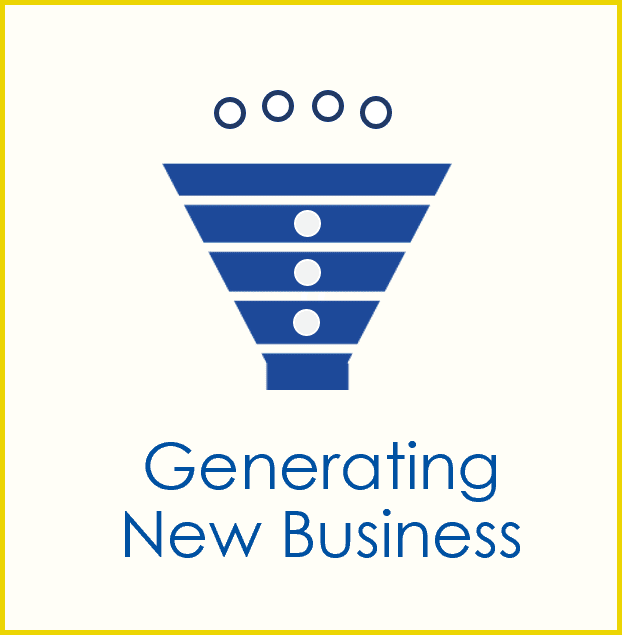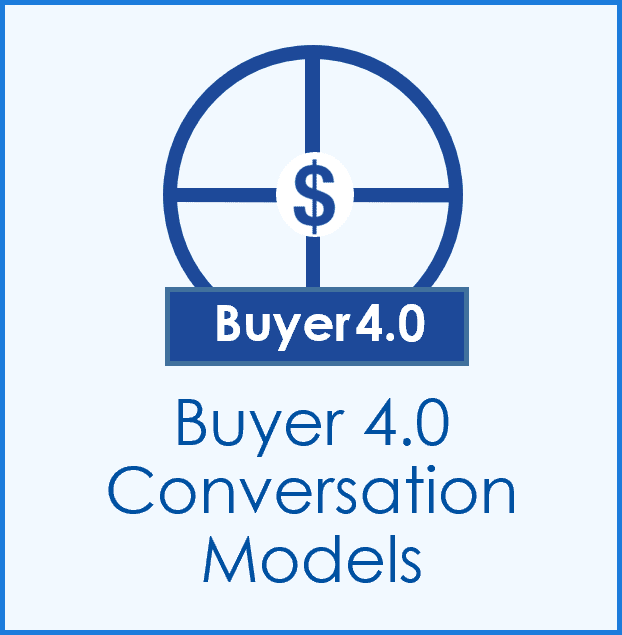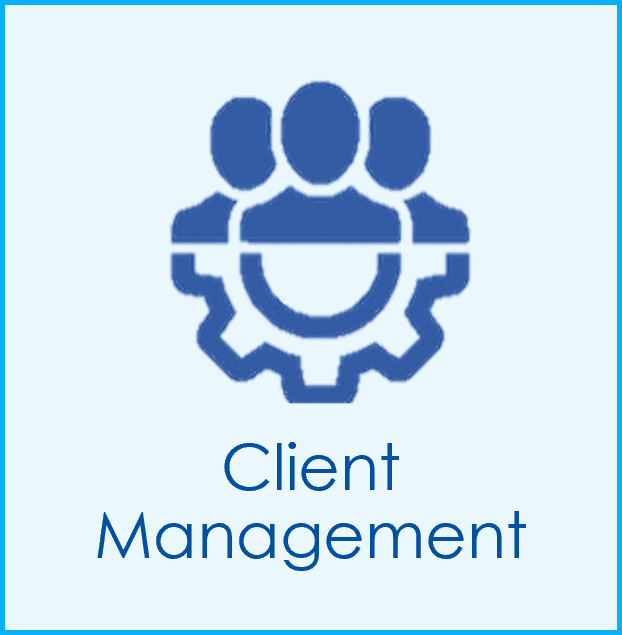
FRONTLINE SALES CONVERSATIONS
Higher Performance and Excellence
SALES TRAINING PROGRAMS
The focus of CODE I 21 are a newly designed Hybrid SALES TRAININGS for today’s Buyer 4.0 markets with focus on VALUE and BUYER 4.0 specific DIALOG MODELS. The programs address the new MINDSET and the changed BUYING BEHAVIOR of today´s modern decision-makers.
MASTER TRAININGS
The MASTER TRAININGS are the fundament to build the new conversation skills for Buyer 4.0 markets and manage successfully the transition of the new competences into day-to-day business through a consistent coaching by sales management and team leaders.
BUYER 4.0
SALES CONVERSATION MODELS

KATA
LEADERSHIP & COACHING

CORPORATE
COMPETENCE TRAININGS
The
Agenda Setter ©
THE AGENDA SETTER ©
Initiating New Business & Leads
CONTACT PHASE
Frontdesk, Gatekeeper and Sponsor Dialogues to initiate new business with existing and new clients in today´s buyer-driven markets.
The
Change Agent ©
THE CHANGE AGENT ©
Creating New Sales Opportunities
INFORMATION PHASE
Buyer 4.0 sales conversations to generate demand and new opportunities, matched to the decision maker's particular buying state in their Buyer Journey.
The
Business Expert ©
THE BUSINESS EXPERT ©
Value-aligned Opportunity Management
EVALUATION PHASE
Systematically guide opportunities towards a deal through special moderation and presentation techniques and by using specific value-argumentation.
The
Value Manager ©
THE VALUE MANAGER ©
Final Agreement Through Value Mediation
CLOSING PHASE
Successfully negotiating deals to reach final agreements and improving margins through value compensation tactics. Moving from costs to financial benefits.
The
CLIENT MANAGER ©
THE CLIENT MANAGER ©
Strategic Client Management
LIFECYCLE MANAGEMENT
Systematically develop and monetize customer portfolio through use of analysis and planning tools and superior sales and price negotiations with buyers.
The
Inside Sales Agent ©
THE INSIDE SALES AGENT ©
Internal Sales Department
SALES SERVICES
Handling of lead qualifications and telesales dialogues to manage small business deals and transactional sales in today's Buyer 4.0 market environment.
CODE|21 SKILL SETS AND SALES ROLES FOR
TYPICAL B2B BUSINESS SCENARIOS

➲ Creating New Business & Leads
THE AGENDA SETTER ©
Generating NEW BUSINESS is the foundation of a successful sales organization and ultimately essential to any strong sales team. However, in most cases only 8% of sales leaders consider the pipeline of their teams to be healthy and sufficient. (SellingPower)
The AGENDA SETTER © is a specialist in contacting people and developing business in Buyer 4.0 markets. With new CONTACT STRATEGIES and value-based DIALOGUE and MESSAGING TOOLS he systematically approaches decision-makers to arrange meetings and consequently create opportunities to capture new business.
HOWs: Buyer 4.0 Contact Strategy, multi-stage Acquisition Conversations, Messaging Tools, Sales Playbook and Exit and Follow-Up strategies.
- identify HIGH POTENTIALS in the market,
- develop a personal MARKET DEVELOPMENT STRATEGY,
- build a Buyer 4.0 specific CONTACT STRATEGY,
- identify the BUYING REASONS and the CUSTOMER NEED for each individual persona,
- identify the IDEAL DECISION-MAKER,
- organize access to KEY PLAYERS and EXECUTIVES,
- formulate PROMPTERS and SCRIPTS for addressing different targets,
- deal with OBJECTIONS and define EXIT STRATEGIES,
- create a SALES PLAYBOOK to improve performance and efficiency,
- and define a FOLLOW-UP STRATEGY.

➲ Buyer 4.0 Sales Conversations
THE CHANGE AGENT ©
85% of the decision-makers do not see their expectations fulfilled in conversations with sellers and 90% of the conversations do not manage to address what is most important for the buyer. (Forrester Research)
The consequence: No interest – No evaluation – NO DEAL!
Through newly acquired CONVERSATIONAL COMPETENCES the CHANGE AGENT © is able to push new business with existing and new potential customers, to expand cross- and up-selling and to successfully launch new products on the market. Key are the innovated DISC CONVERSATION MODELS, which are strictly tailored to the mindset of today’s buyers and their changed decision-making and buying habits.
HOWs: Buyer 4.0 DISC Conversation Models to generate new business with existing and prospective new customers.
- use new CONVERSATION MODELS to address the changing buying behavior and the new decision-making practices of Buyer 4.0,
- recognize the Buyer’s BUYING STATUS and position in his BUYER JOURNEY,
- create and tailor the appropriate CONVERSATION CONCEPTS and STORYBOARDS,
- open the conversation by teaching relevant INSIGHTS,
- take the lead in the conversation through the use of value-based CONVERSATION TOOLS,
- influencing and lead the Buyer through CONDITIONING TECHNIQUES to towards our product portfolio,
- outline the MAIN BUYING CRITERIA ,
- create a solution linked to the MAPPING TABLEAU,
- specify the VALUE of your offering including highlighting the economical impacts in a joint discovery journey with the decision-maker,
- develop quantified BUYING VISIONS and
- illustrate results with special WHITEBOARD and STORYTELLING TECHNIQUES,
- finally qualify the Buyer and
- define the FOLLOW-UP or in a more complex sale the EVALUATION PROCESS to finish the conversation with a CALL-TO-ACTION.

➲ Opportunity Management
THE BUSINESS EXPERT ©
According to Buyer´s perception, only 14% of suppliers have true USPs to set themselves significantly apart from other vendors, and 60% of opportunities are not lost to competition but do not come to a close at all. (CEB | IDC)
The way the product is sold, is therefore far more decisive for closing a deal and differentiating in the evaluation process than the product itself.
Through a professional sales cycle management based on a control and management tool, the BUSINESS EXPERT © will systematically close the opportunity and differentiate himself through presentation and moderation techniques that precisely address the buying and decision-making procedures of modern buyers.
HOWs: Dialogue Models for the Opportunity and Sales Cycle Management as well as Sweet Spot Presentations and Moderation concepts.
- perform an OPPORTUNITY ASSESSMENT,
- create a COLLABORATION PLAN as part of the buyer qualification process to
- organize ACCESS to individual members of the BUYING CENTER
- actively influence the EVALUATION PROCESS and
- ensure a well-organized ORCHESTRATION of the sales cycle.
- carry out specific DIAGNOSTICS in order to
- specify the DEMAND PROFILE
- and recognize the VALUE PREFERENCES,
- carry out a systematic CONDITIONING of the Buyer,
- if necessary, redesign an existing BUYING VISION,
- develop a solution by using a MAPPING TABLEAU,
- create a SWEET SPOT PRESENTATION based on the findings and results achieved,
- design an appropriate WIN PLAN,
- conduct REVIEW CONVERSATION to eliminate red flags,
- set up a VALIDATION PLAN,
- put together a BAFO in the style of an EXECUTIVE PROPOSAL,
- perform a CHECK-AND-BALANCE MEETING to pre-screen the final negotiation.
Salespersons guide the BUYING COMMITTEE with confidence through a multi-stage evaluation process by using conversation and presentation concepts derived from the different tools used throughout the process.
This way, they clearly differentiate themselves from competitors, increase their odds to get on the shortlist and raise the probability to win and close a final agreement. Above all, a consistently performed opportunity management helps to avoid “no deal” scenarios.

➲ Final Agreement
THE VALUE MANAGER ©
In today’s market environment, the buyer is in the driving seat, holds the power and dominates normally when it comes to negotiationg final agreements. This is particularly true in commodity markets, when it is nearly impossible to differentiate only through technical product features.
VALUE MANAGER © are experienced negotiators who are able to meet the buyer at eye level by using negotiation concepts based on equal terms and value-based closing strategies. ZOPA negotiation tactics as well as closing techniques are used in line with the Quid Pro Ouo philosophy.
Through value-based argumentation the win rate will increase by 60% (IDC).
HOWs: Buyer 4.0 Dialogues for presenting proposals and to finalize deals through value-based price negotiations.
- perform Buyer 4.0 aligned PRESENTATIOS OF QUOTATIONS,
- apply STORY TELLING and VISUALIZATION TECHNIQUES,
- use the Value-Chain© to lead the conversation,
- manage the BUYING CENTER in a differentiated way by “tailoring” CUSTOMER NEEDS,
- design a VALUE PREFERENCE GRID for this purpose,
- prepare for a FINAL NEGOTIATION,
- create a NEGOTIATION STRATEGY,
- use ZOPA NEGOTIATION TACTICS,
- define goals and NEGOTIATION PARAMETERS,
- prepare for critical NEGOTIATING POSITIONS,
- plan and reduce NEGOTIATION RISKS that may arise during negotiations,
- use differentiated VALUE ARGUMENTATIONS for price statements and push backs,
- deal with different CHARACTERS OF NEGOTIATORS,
- address typical BUYER TACTICS,
- develop a GET-TO-GIVE MEDIATOR concept,
- create a CONVERSATION PLAN along with MILESTONES to manage the negotiation masterfully,

➲ Client Management
THE CLIENT MANAGER ©
The development and monetization of existing accounts is one of the most important tasks in a smart sales organization.
This is because existing clients are essential in terms of effectie sales costs ratios, margins, value creation, predictable revenues and many other factors to manage growth and drive future market development of the company in balance with new business through new clients .
CLIENT MANAGERS © are specialized to systematically develop and monetize existing customer. This means strengthening customer loyalty through regular customer meetings in order to ensure the current business or having meetings to start new business initiatives to expand future scope or volumes.
HOWs: Portfolio Analysis, Account Planning, Opportunity Planing, Cross- and Up-Selling, Annual Meetings, Strategic Business Conversations, Various Price Discussions with customers.
- systematically expand and monetize Existing Clients by
- performing a portfolio analysis,
- establishing a differentiated account segmentation,
- and setting up account plans,
- thereby identifying growth customers,
- develop individual business plans for core accounts,
- carry out an opportunity planning
- stimulate demand among value sponsors and decision-makers,
- design appropriate conversation models for cross- or up-selling,
- define the appropriate storyboards,
- select suitable conversation tools,
- and systematically perform a segment-based business development.
- to drive customer retention by using annual meetings and strategic conversations
- as well as conduct PRICE CONVERSATIONS with customers to secure the running business,
- in the case of general PRICE INCREASES, which are to be regularly enforced in the market,
- when product-specific PRICE INCREASES are ahead,
- or when facing price attacks from competitors,
- how to successfully use the psychology of price negotiation for this purpose,
- learn about typical buyer tactics,
- know how to respond in the best possible way,
- and understand what the biggest negotiation mistakes are,
- learn the most proven negotiation tactics, by
- knowing the different types of price conversations
- and covering the outlined negotiation scenarios with a 4-stage conversation model
- using ZOPA or get-and-give negotiation strategies when needed, and
- using an “AIRBAG STORY” to show new perspectives in order to strengthen the business relationship in the long term despite the current critical situation.
With these concepts and corresponding CONVERSATION MODELS, salespeople are able to systematically expand the business volumes with customers, manage consistently high profitability and create sustainable value.

➲ Inside Sales
THE INSIDE SALES AGENT ©
Inside Sales becomes more and more important due to the differentiated handling of customer segments and the increasing online business.
The job profile is definitely challenging, since in transactional sales of standard products, price and availability have top priority for the customer, competitive differentiation is only achievable to a limited extent, the contact time is fairly short and the probability to end up in a price discussion is very high.
Beyond that, the Inside Sales Agent© should try to simultaneously up-sell, expand sales through additional services or add-ons and also identify promising prospects to qualify and forward them to Field Sales. This requires a well-structured approach and true sales excellence in this specific area.
HOWs: Sales Dialogue Models aligned to Buyer 4.0 Principles, Discount DialogUE, Follow-Up-DialogUE, Closing Dialogue , Upselling-DialogUE, Cross-Selling-DialogUE.
- execute a structured LEAD QUALIFICATION and thereby:
- evaluate the individual BUYER PROFILE,
- identify the BUYING STATUS,
- specify the NEEDS and REQUIREMENTS,
- use ROUTING CRITERIA to qualify INCOMING LEADS,
- and, if necessary, assign and forward the contact to Field Sales.
- have a conversation similar to a Sales Consultant,
- create a BUYING VISION through a product statement,
- use the possibility of CROSS- OR UPSELLING,
- check the caller´s READINESS TO BUY in order to receive the order,
- if necessary, CREATE A QUOTE and consistently manage the FOLLOW-UP,
- at that point start with a VERIFICATION of the sale,
- have a final, predefined PRICE NEGOTIATION,
- explore again his WILLINGNESS TO BUYand close the deal,
- optionally prepare an EXIT STRATEGY,
- initiate a LEAD NURTURING process to initiate FOLLOW-UP BUSNESSand to build a long-term customer relationship.
With the Buyer 4.0 conversation concepts, INSIDE SALES is able to improve their conversion rates and at the same time achieve the targeted sales margin.
As a result, by implementing the new conversational skills and price negotiation techniques, SALES MANAGEMENT leverages the level of excellence within internal sales and through this upskilling, moves the department to an effective new SALES CHANNEL.
